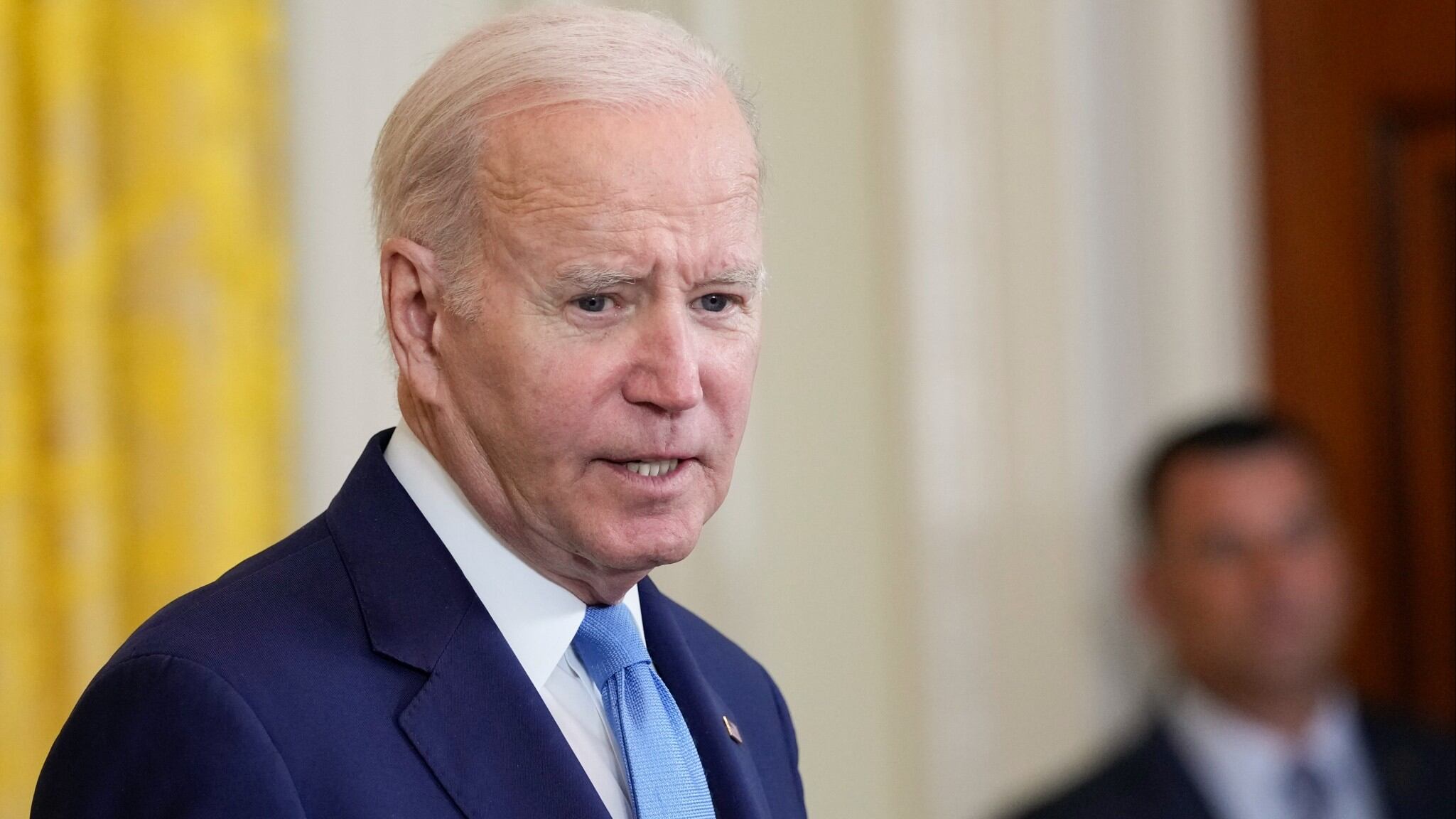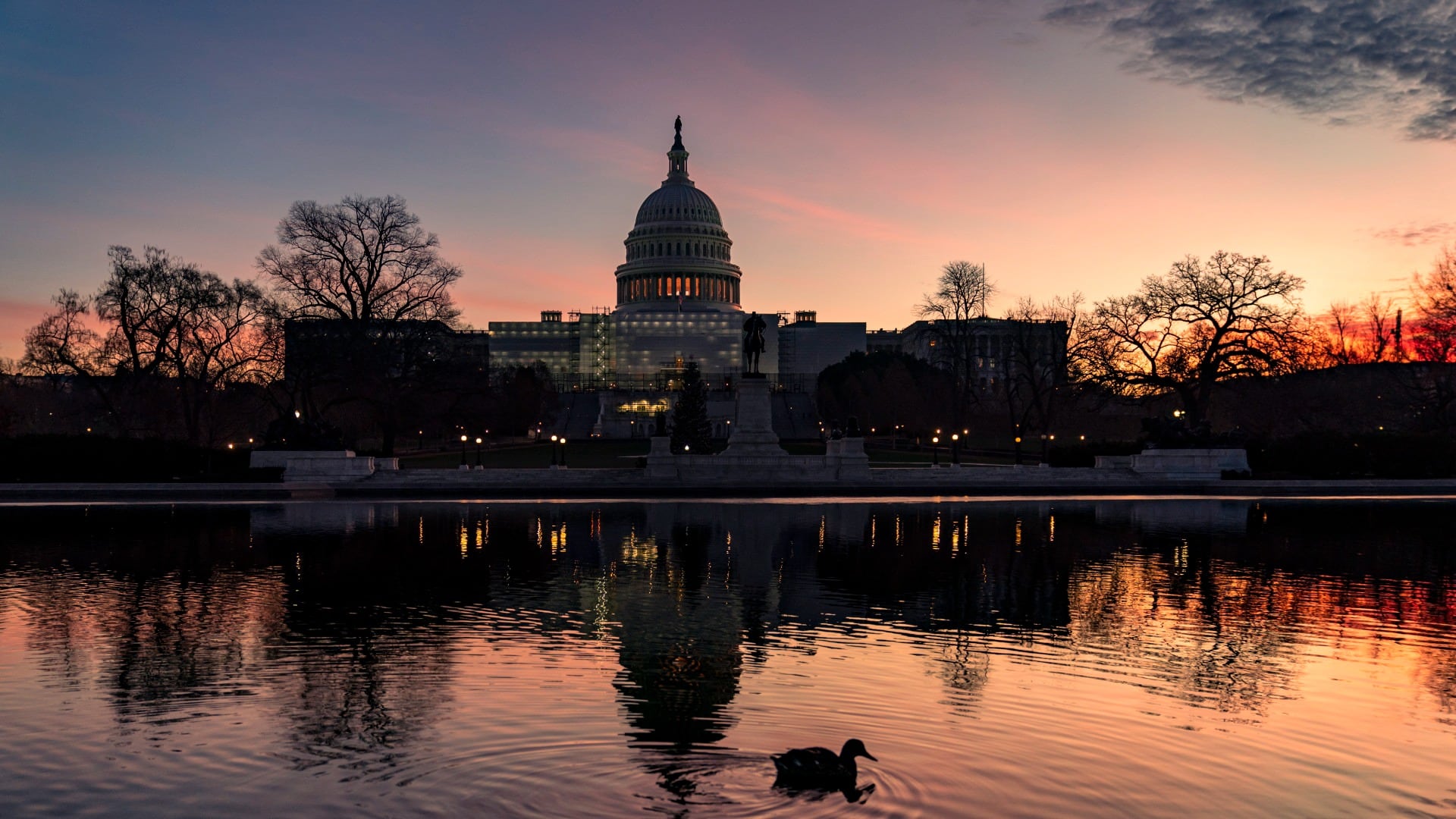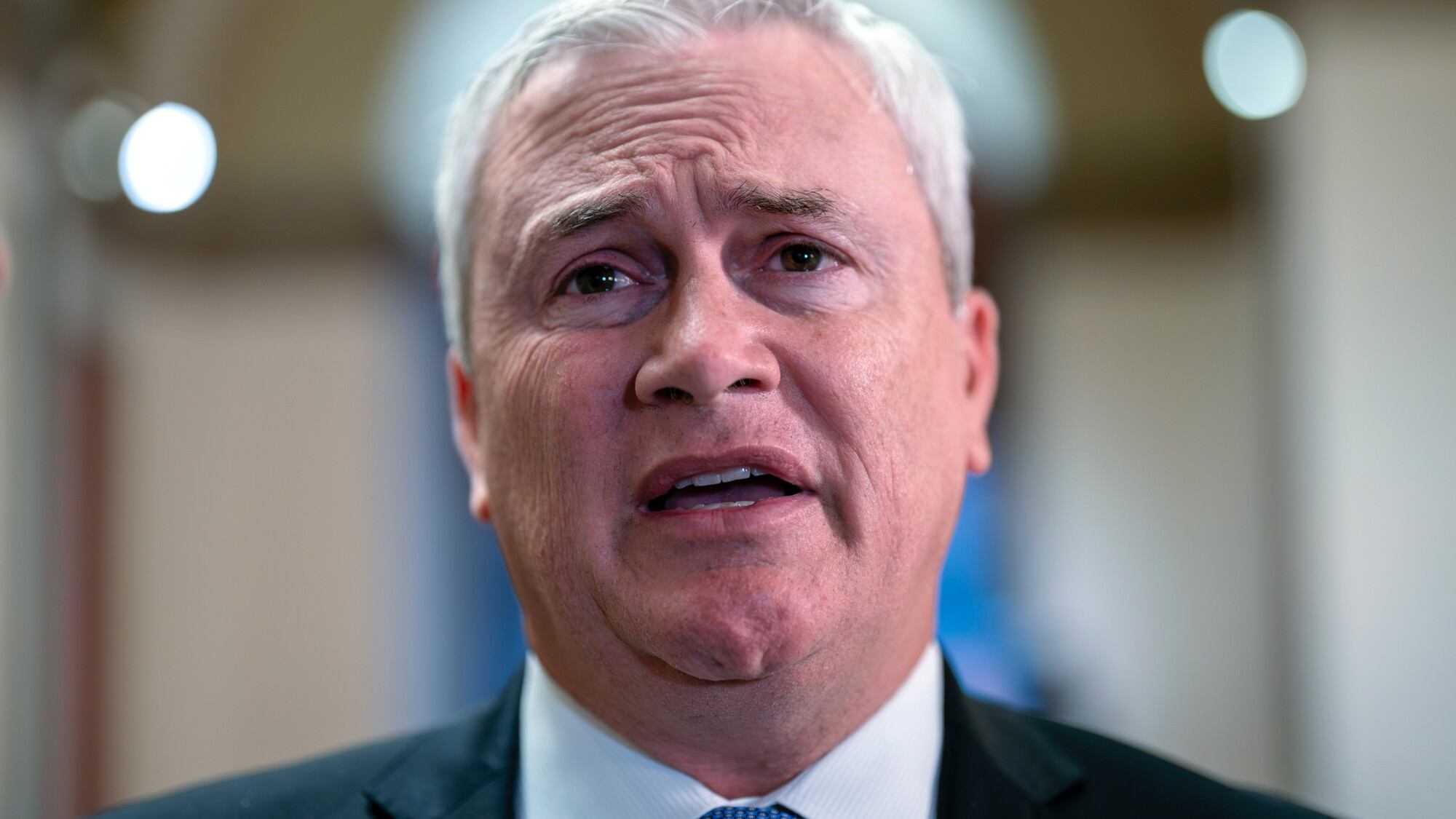By Jonathan Mattise and Kimberlee Kruesi
Transgender youth in Tennessee would be banned from receiving gender-affirming care under legislation currently headed to the desk of Republican Gov. Bill Lee, who has voiced support for the bill.
House lawmakers voted 77-16 on Thursday, with three Democrats joining their Republican colleagues to pass the bill.
Civil rights groups have vowed an immediate lawsuit if and when the bill becomes law — setting up the potential for a lengthy legal battle over the coming months.
“These children do not need these medical procedures to be able to flourish as adults,” said House Majority Leader William Lamberth. “They need mental health treatment. They need love and support, and many of them need to be able to grow up to become the individuals that they were intended to be."
Across the United States, state lawmakers have introduced legislation attacking gender-affirming medical care for young people even as such services have been available in the U.S. for more than a decade and are endorsed by major medical associations.
Similar bills have advanced in Nebraska, Mississippi, Oklahoma and South Dakota. In Utah, the Republican governor recently signed a transgender medical ban into law. Meanwhile, a federal judge who blocked Arkansas’ ban on gender-affirming care for minors is now considering whether to strike down the law as unconstitutional. A similar ban in Alabama has also been temporarily blocked by a federal judge.
If enacted in Tennessee, doctors would be prohibited from providing gender-affirming care to anyone under the age of 18, including prescribing puberty blockers and hormones — and could even be penalized.
However, the legislation spells out exceptions, including allowing doctors to perform these medical services if the patient’s care had begun prior to July 1, 2023 — which is when the ban is proposed to go into effect. The bill then states that that care must end by March 31, 2024.
The bill then allows the attorney general to investigate health care providers who may violate the statute, which carries a $25,000 penalty.
“We have taken away a woman’s right to determine her health care and her health outcomes — and now we’ve gone to children,” said Democratic Rep. Gloria Johnson, referencing the state's strict abortion ban that was allowed to go into effect last year.
“If a doctor and a family feels that taking hormone blockers is going to be healthy and productive and life-saving for these children, that’s a decision that should be made,” she added.
Tennessee in particular has been caught in the center of the conflict over transgender youth medical care — ever since video surfaced on social media last year of a Nashville doctor touting that gender-affirming procedures are “huge money makers” for hospitals.
The video prompted calls by Tennessee’s Republican leaders for an investigation into Vanderbilt University Medical Center, but to date, it’s unknown if any authorities have done so. The private nonprofit hospital said it had provided only a handful of gender-affirming surgeries to minors over the years but has put a temporary pause on the procedures to review its policies.
On average, Vanderbilt University Medical Center says it provided five gender-affirming surgeries to minors every year since its transgender clinic opened in 2018. All were over the age of 16 and had parental consent, and none received genital procedures.
But not every red state has enacted such bans with gusto.
In Wyoming, a bill stalled in a legislative committee earlier this week amid worries that health insurers would run afoul of federal law by denying coverage for gender-conforming procedures.
The bill, which had passed the state Senate, failed 5-2 in a House committee after lawmakers removed the insurance coverage prohibition. To succeed now, it would need to be revived on the state House floor before a Monday deadline — a challenging prospect.
Wyoming, despite having one of the most Republican-dominated legislatures, has a long tradition of skepticism toward culture war bills.
“It’s a bill that seeks to demonize, it’s a bill that already knows who its enemies are. And it’s not a bill that’s about solving a Wyoming problem,” Sara Burlingame, director of the LGBTQ+ advocacy group Wyoming Equality and a former state lawmaker herself, told the committee.
Meanwhile, Tennessee's House Republicans on Thursday also advanced legislation that would severely limit where drag shows can take place. A slightly different version had passed the GOP-led Senate chamber earlier this month, meaning lawmakers must wrestle out the difference before it can go to Gov. Lee's desk.
Similar to the gender-affirming medical youth care bill, Lee is expected to sign the legislation.
___
Associated Press writer Mead Gruver contributed to this report from Cheyenne, Wyoming.












